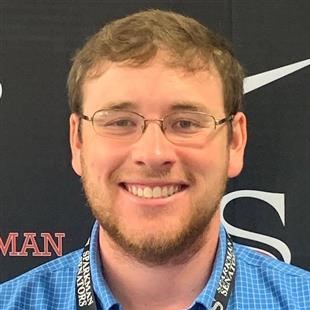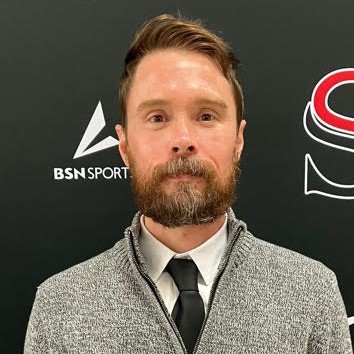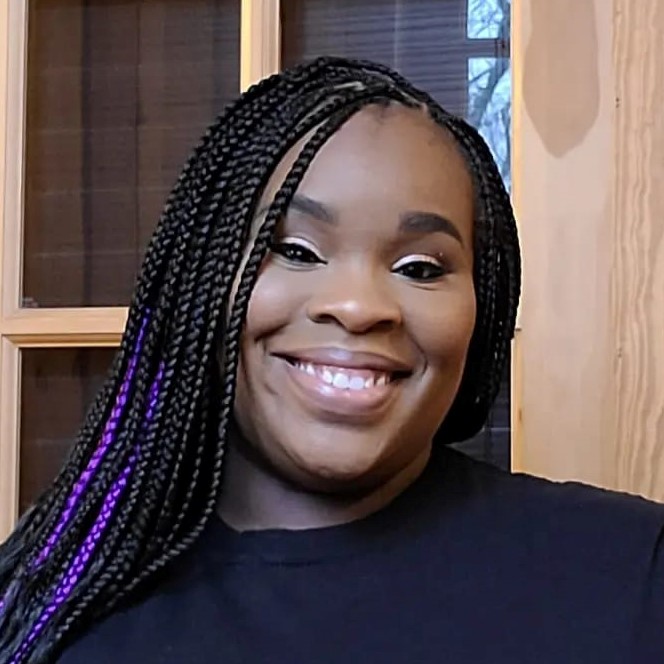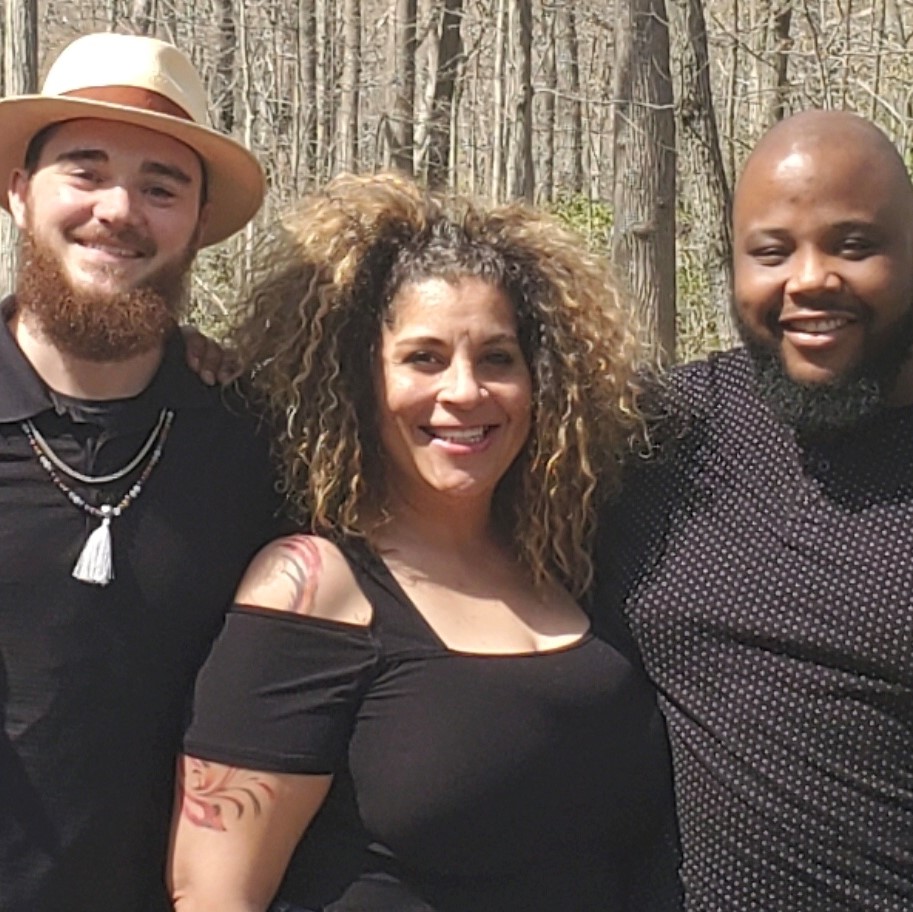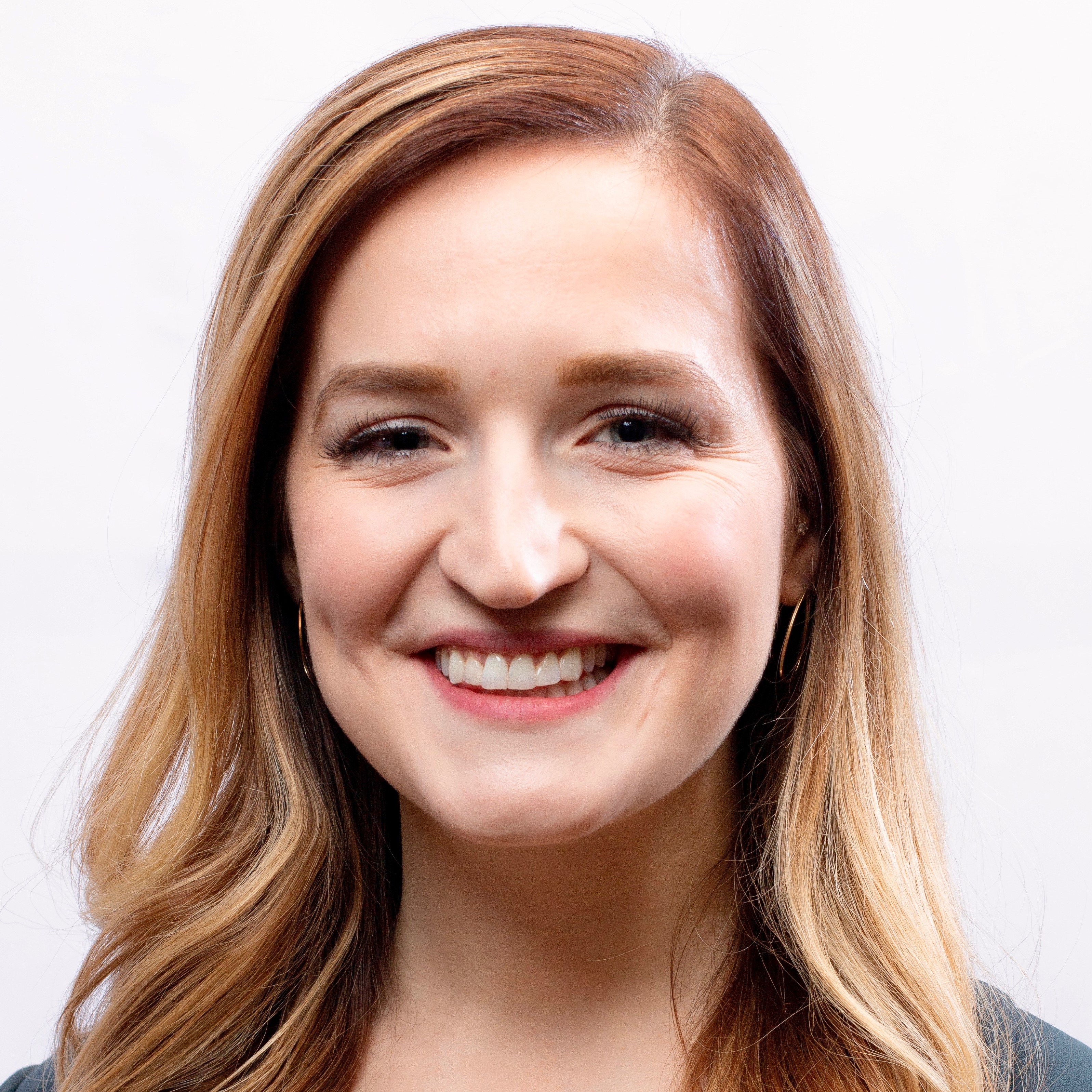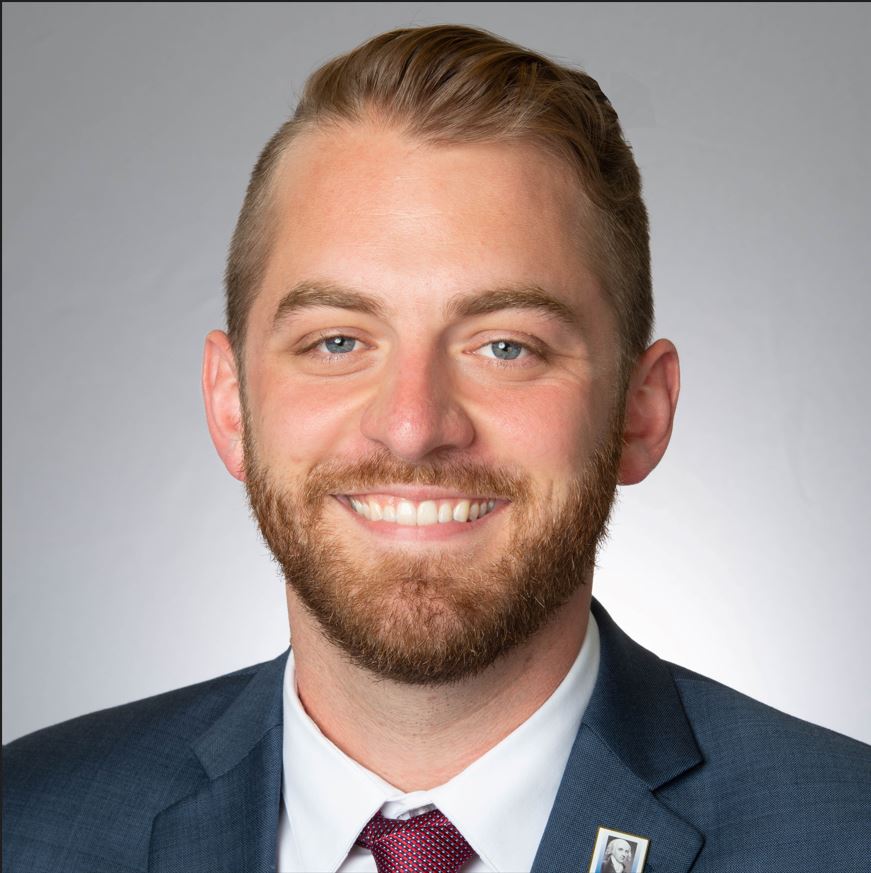Today marks the final Friday in August, the end of summer and the conclusion of most of our our 2022 grant recipients’ fellowships. We’ve proudly introduced you to many of these deserving educators through this Fellow Friday series by grouping them in similar categories (math, literacy, music, world cultures, etc.) But some of our Fellows’ plans defy being pigeonholed. To close out the summer, we share a few of those below…
Click here for a complete list of grant recipients.
[minti_divider style=”3″ icon=”” margin=”20px 0px 20px 0px”]
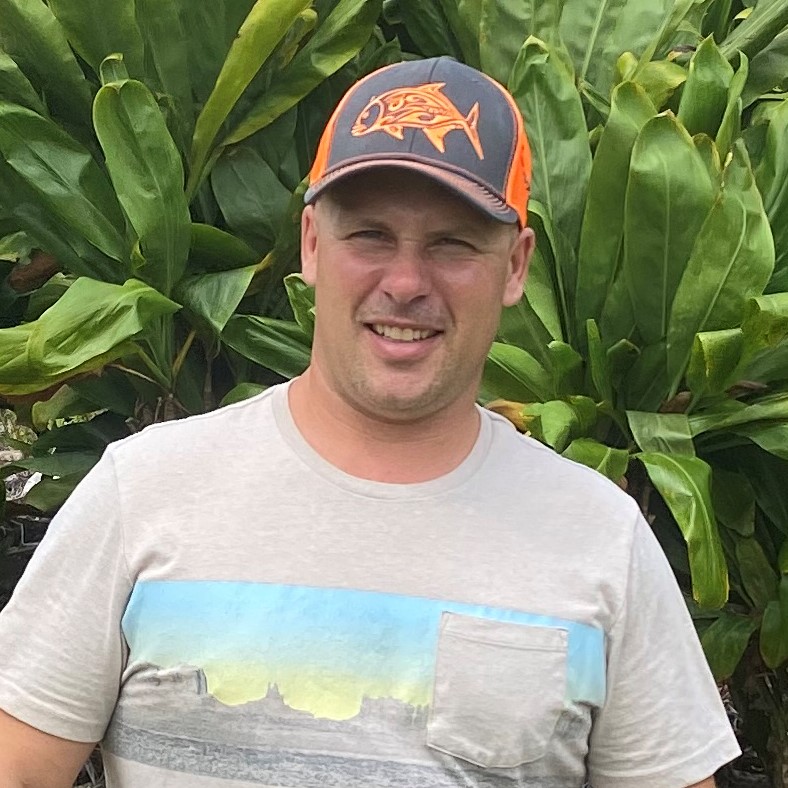 Thomas Houston | Sturgis Charter Public School West – Cape Cod, MA
Thomas Houston | Sturgis Charter Public School West – Cape Cod, MA
Gather resources and learning about the historiography of the Irish Independence movement in the Republic of Ireland and Northern Ireland to create a model International Baccalaureate paper 2 for the Independent Movements unit.
“As a student and teacher of history I have learned with increasing clarity that the memory of history is almost as important as the actual events themselves. This historical memory; how we teach students about the past, and how that changes – the historiography – is fascinating to explore with students. The Irish Independence movement carries a lot of historical memory in Ireland and informs actions that people take today. It played a huge role in the Troubles in Northern Ireland and is now being reassessed again in Ireland due to the centenary anniversaries of the events of the Independence struggle and the discussions over what Brexit will mean for Northern Ireland and the border with the Republic. “
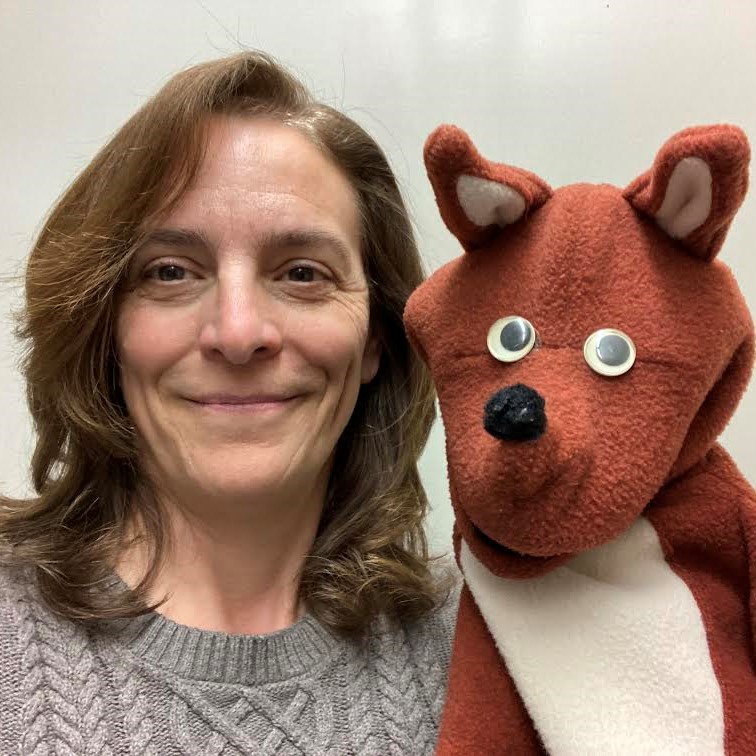 Darlene Martino | Wayne Primary – Ontario Center, NY
Darlene Martino | Wayne Primary – Ontario Center, NY
Participate in puppetry workshops for teachers in San Francisco, CA and Eugene, OR to introduce puppets as tools for students to build social skills, experience other perspectives, tackle difficult conversations, express opinions, and resolve conflicts.
“Compared to previous youngsters I have worked with over the past two decades of my career, many of my current students are profoundly more emotionally needy. My students are hungry for conversation, they ask for opportunities to work with peers, and they are eager to find connection with others. I see a need to nurture resilience, develop active listening skills, and grow empathy among students and am optimistic that I have found a solution in puppetry. I believe that this highly engaging medium will help students build civic skills, experience other perspectives, tackle difficult conversations, express opinions, reduce prejudice, and resolve conflicts.”
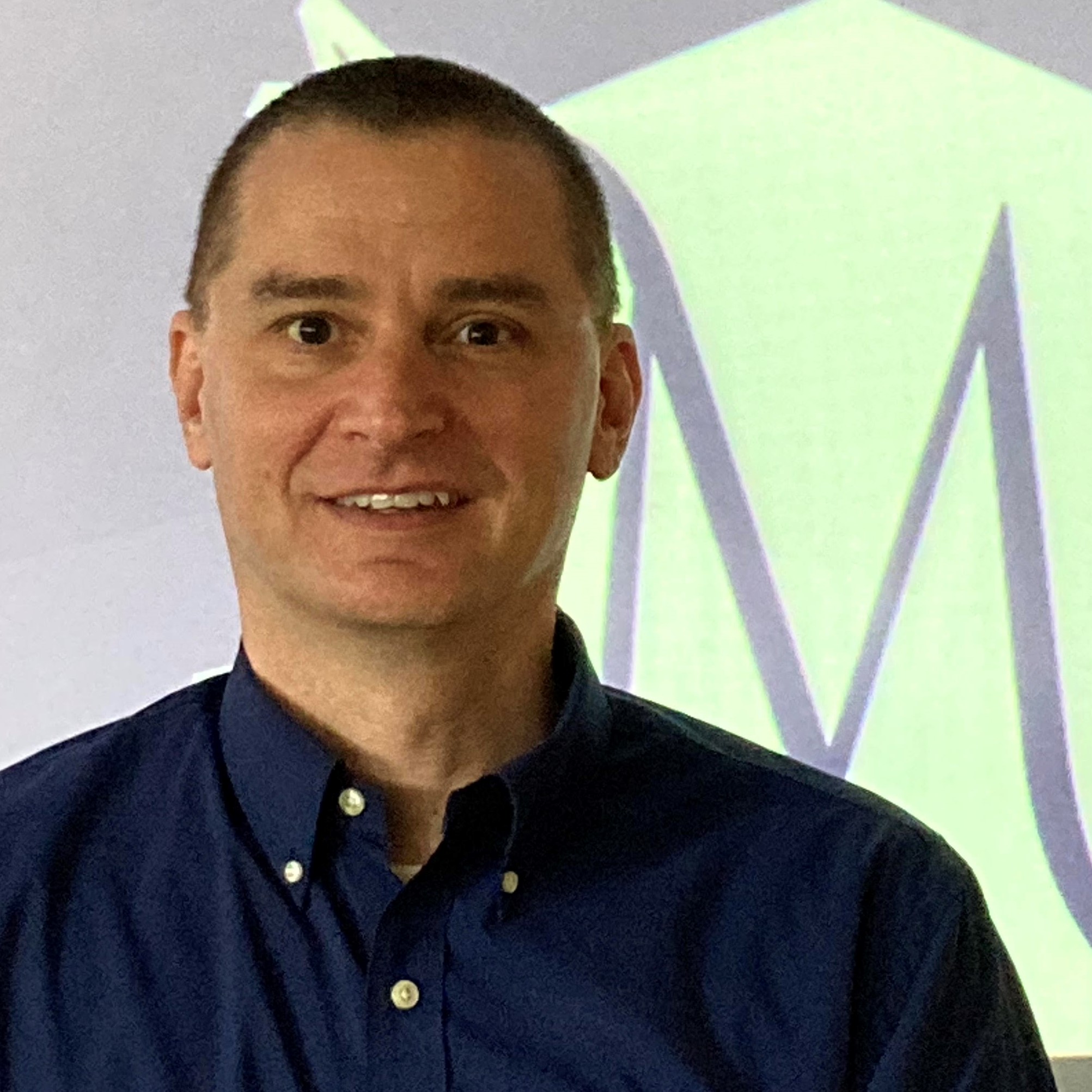
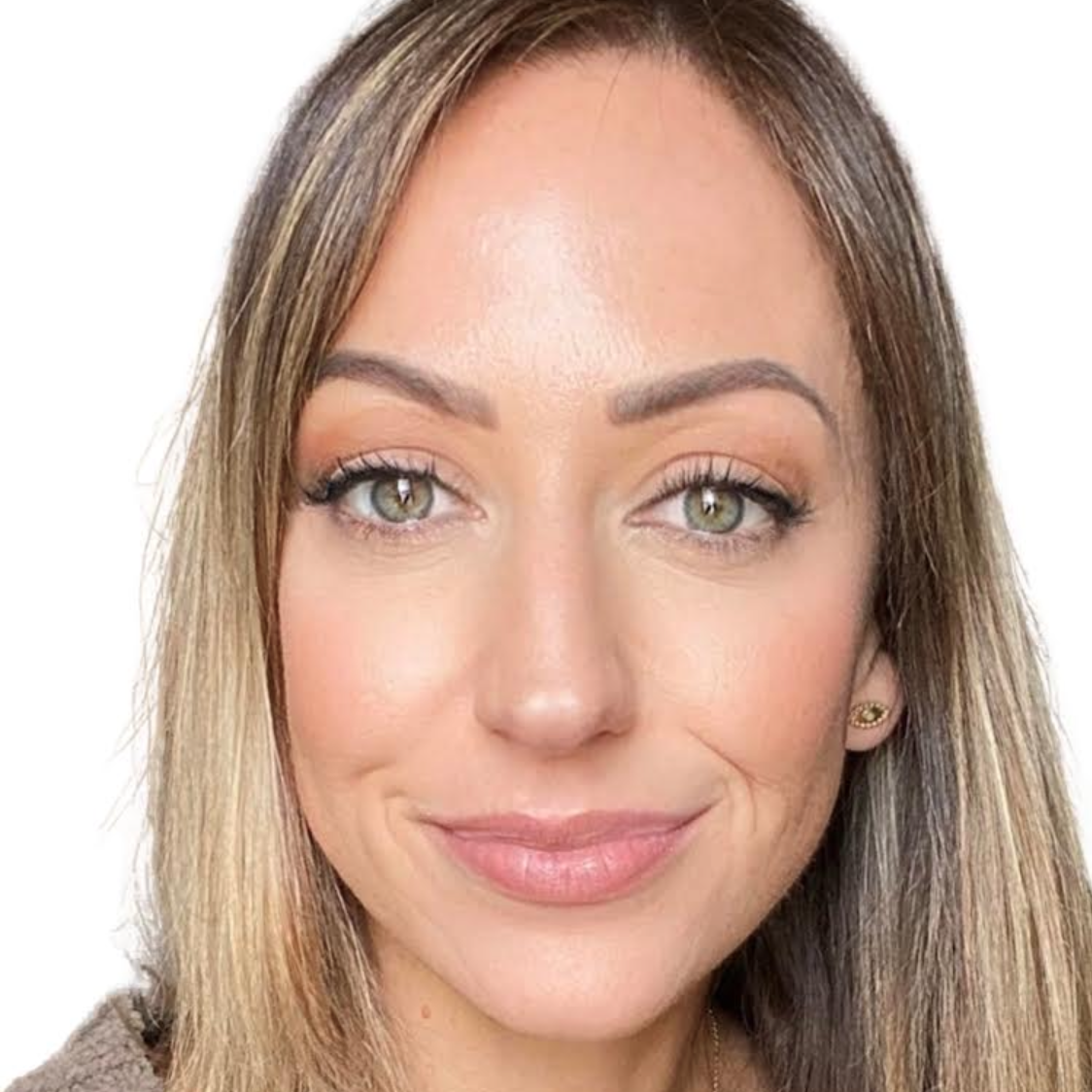 Rachel McMinn | Success High School – Meriden, CT
Rachel McMinn | Success High School – Meriden, CT
Bryce McMinn | Orville H. Platt High School | Meriden, CT
Research notorious crimes of the 19th and 20th century in the United Kingdom to create cross-curricular learning through the lens of technology in the field of forensics and the role of investigative journalism in solving crime.
“Our fellowship focuses on real-life examples of crimes that were investigated by pioneers of forensic science and journalism in England. We will visit, photograph and 3D survey the the crime scenes for the late 1800 serial killers of London. We will also visit crime labs, and interview historians, detectives and newspapers to discuss crime scene evaluation, handling of suspects, and collection and analysis of evidence collected from the crime scenes. We will learn the role of the media reporting to determine how this helped/hindered identifying and apprehending suspect(s). This will be high interest content that will be used to engage students and teach to the appropriate level of rigor in our classrooms.”
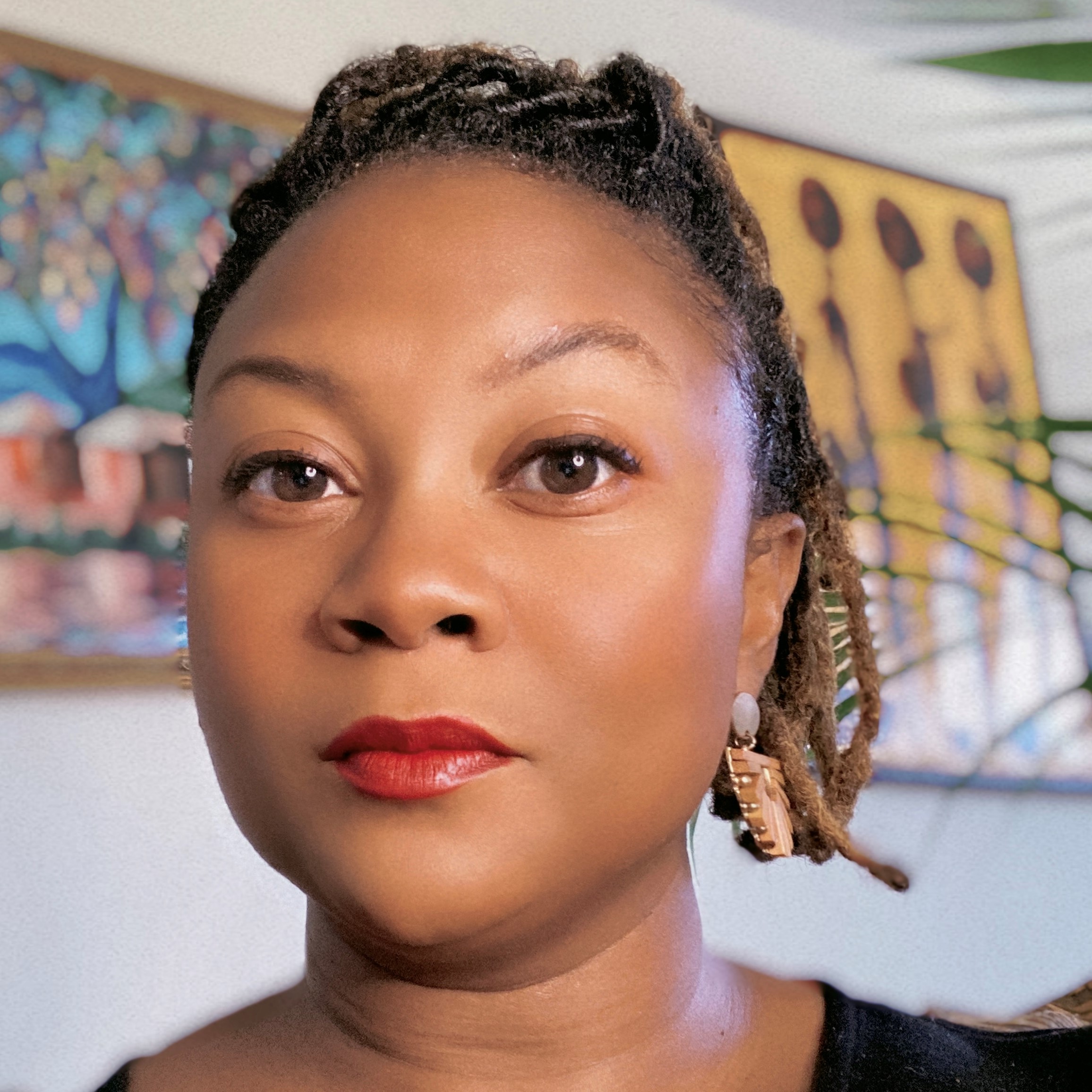
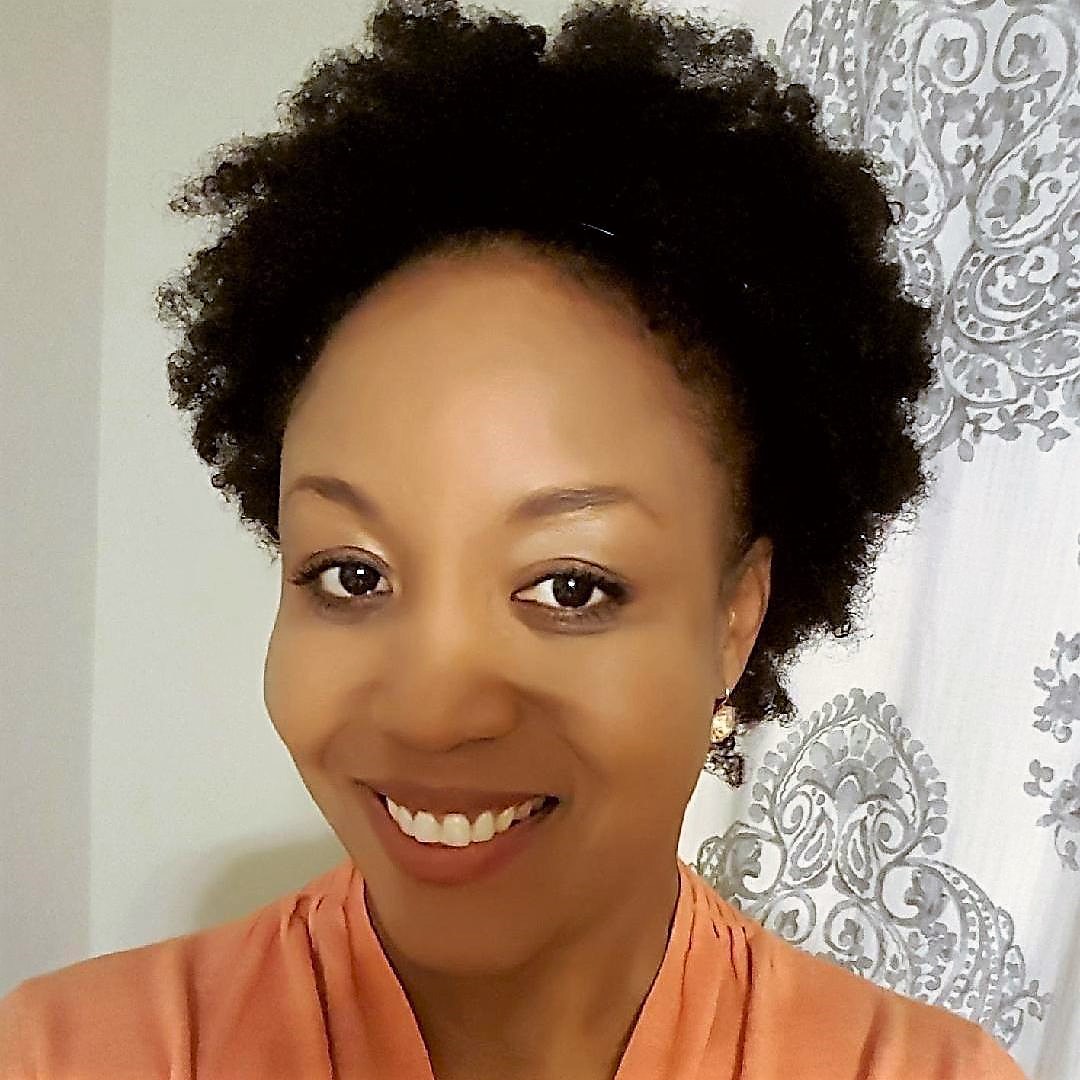 Amare McPherson & StaceyAnn Palma
Amare McPherson & StaceyAnn Palma
New Beginnings Family Academy | Bridgeport, CT
Document best practices associated with the Reggio Emilia experienced-based pedagogy where it was founded in Italy to implement its progressive, student-led and focused learning experiences with PK-8 students at an urban charter school.
“Reggio Emilia has a long history of progressive, student-led and focused learning experiences that we as educators can learn from. Reggio Emilia encourages students of all ages to express themselves through their hundred languages, giving voice to the social, and emotional needs and challenges that are particular to students in our urban charter school community. Giving students the power to authentically and constructively express their thoughts, fears, joys and concerns can generate meaningful discussions, observations, ideas, and possible solutions to personal, familial, communal and global issues of impact.”
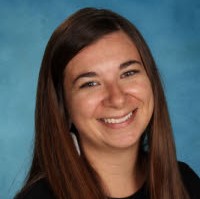 Krista Peltier | Mohegan Elementary School – Montville, CT
Krista Peltier | Mohegan Elementary School – Montville, CT
Investigate the differences in Italian, French, British, and Dutch fashion culture — past and present — to inspire self expression, self reflection, and creativity amongst students in their own fashion designs during makerspace.
“Fashion is a method of self expression and who we are as individuals, while also being a creative outlet. Through examination of fashion in France, Italy, England and the Netherlands, I can bring back historical perspectives and cultural differences amongst fashion in different countries to my classroom. I want to inspire my students to create their own pieces of fashion during Makerspace that express who they are as individuals, but also promote self-reflection and their cultural identities to intermix our academic and social emotional learning.”
 Michelle She | District of Columbia Public Schools – Washington, DC
Michelle She | District of Columbia Public Schools – Washington, DC
Learn to repair broken braillewriters through Perkins’ Braillewriter Repair Workshops; study non-visual and adaptive techniques for personal care through CN Vision Image Consulting, and improve fluency while learning healthy cooking skills in Oaxaca, Mexico, to enrich the personal and educational experience of students with visual impairments.
“One of the biggest problems facing our vision team today is the lack of fully functioning braillewriters. We currently have approximately 30 broken braillewriters in our inventory. As a result, one of my main goals for this professional development project is to learn about the inner workings of a braillewriter and how to repair broken ones. My second goal is to learn adaptive hygiene, grooming, and self-care techniques to teach my students so that they can be more aware of how others perceive them while in public. People who are visually impaired often feel very ‘other,’ and learning some skills to make sure they look their best will help boost their confidence and self-esteem.”
[minti_divider style=”3″ icon=”” margin=”20px 0px 20px 0px”]
“Now more than ever, it is imperative that we invest in the most important component of any classroom — the teacher,” said Karen Eckhoff, Executive Director of FFT. “Educators are facing countless challenges every day, and Fund for Teachers is dedicated to further diversifying the ways that we can support them. Our grants represent trust in teachers’ professionalism, creativity, and vision, offering flexibility to meet the unique needs of each classroom, with the students remaining the ultimate beneficiaries as they continue to grow and learn in today’s ever-changing world.”
If you missed any of this summer series, take the time look back and meet many of the other educators whom we highlighted on Fellow Fridays. Their courage, curiosity and creativity could be just the thing to propel you into another schoolyear. We are proud to call these and ALL of our 9,000+ grant recipients Fund for Teachers Fellows.


